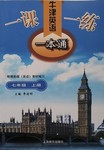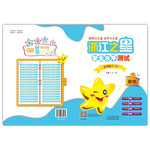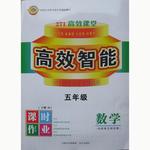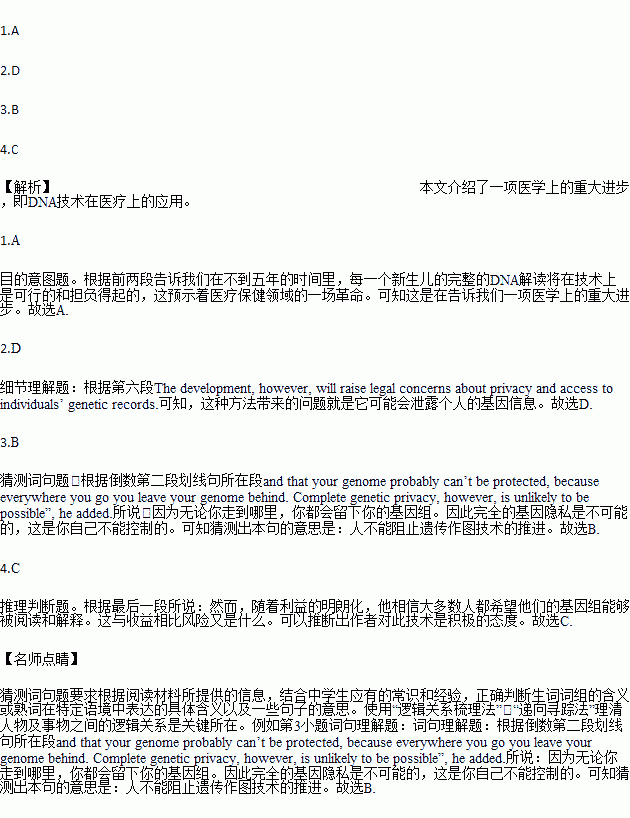题目内容
Every day born a decade from now will have its genetic code(基因编码)mapped at birth, the head of the world’s leading genome sequencing(基因图谱)company has predicted.
A complete DNA read – out for every newborn will be technically possible and affordable in less than five years, promising a revolution in healthcare, says Jay Flatley, the chief executive of Illumina. Only social and legal problems are likely to delay the age of “genome sequences,” or genetic profiles. By 2019 it will have become routine to map infants’ genes when they are born, Dr Flatly told The Times.
This will open a new approach to medicine, by which conditions such as high blood pressure and heart disease can be predicted and prevented and drugs used more safely and effectively.
A baby’s genome can be discovered at birth by a blood test. By examining a person’s genome, it is possible to identify raised risks of developing diseases such as cancers. Those at high risk can then be screened more regularly, or given drugs or dietary advice to lower their chances of becoming ill.
Personal genomes could also be used to ensure that patients get the medicine that is most likely to work for them and least likely to have side – effects.
The development, however, will raise legal concerns about privacy and access to individuals’ genetic records.
“Bad things can be done with the genome. It could predict something about someone – and you could possibly hand the information to their employer or their insurance company.” said Dr Flatley.
“People have to recognize that this horse is out of the barn, and that your genome probably can’t be protected, because everywhere you go you leave your genome behind. Complete genetic privacy, however, is unlikely to be possible”, he added.
As the benefits become clearer, however, he believes that most people will want their genomes read and interpreted. The risk is nothing compared with the gain.
1.In the first two paragraphs, the author mainly wants to tell us about__________.
A. the significant progress in medicine
B. the promise of a leading company
C. the information of babies’ genes
D. the research of medical scientists
2.Which of the following is a problem caused by this approach?
A. The delaying in discovering DNA.
B. The risk of developing diseases at birth.
C. The side effects of medicine on patients.
D. The letting out of personal genetic information.
3.What does the underlined sentence “… this horse is out of the barn” mean?
A. Genetic mapping technique has been widely used.
B. people can’t stop genetic mapping technique advancing.
C. People are eager to improve genetic mapping technique.
D. Genetic mapping technique is too horrible to control.
4.What’s Dr Flatley’s attitude towards the technology?
A. Tolerant. B. Conservative. C. Positive. D. Doubtful.
 一课一练一本通系列答案
一课一练一本通系列答案 浙江之星学业水平测试系列答案
浙江之星学业水平测试系列答案 高效智能课时作业系列答案
高效智能课时作业系列答案
